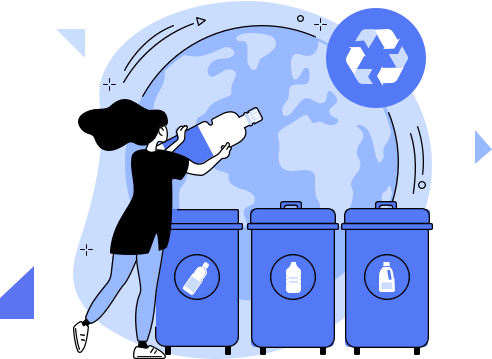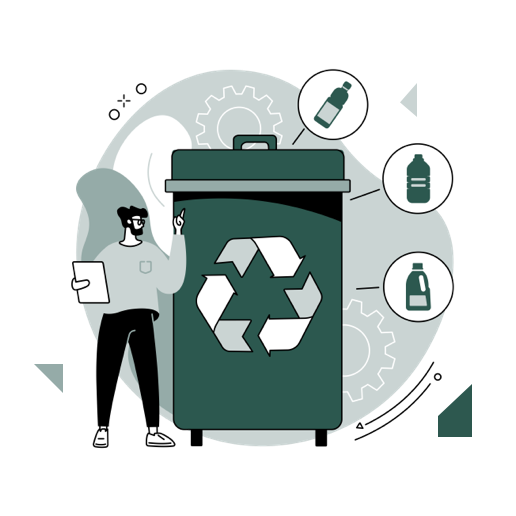We want to lead the industry in recycling and waste. It is our ambition to increase recyclability to its maximum threshold and to become a zero-to-waste operation.





of tonnage from recycled plastics.





waste to landfill.





We will increase our use of recycled material to the maximum level permitted by existing standards. Several of our sites are already 0 waste to landfill.










Plastic is a flexible material that is essential to our lives and plays a critical role in sustainable infrastructure – but it must be used in the right way. For too long and by too many, plastic has been discarded, polluting our earth and waterways.
We take plastic destined for landfill and recycle it to create long-lasting infrastructure for construction, civil water management, rainwater solutions and other critical components of the built environment. It is just one part of our commitment to creating a more circular economy. Currently 46% of our processed polymer comes from recycled sources, but our ambition is to reach 62% as existing standards allow.
We are also working with partners to help shape the regulatory agenda to enable more recycling to be used in innovative ways; but our ambition doesn’t stop there. We’re researching new sustainable materials to gain a greater understanding of the plastics recycling industry, its supply chain and technology to identify the carbon impacts of the materials and processes we use.


We’re on our way to becoming a zero-to-waste operation with Genuit Group a signatory of Operation Clean Sweep (OCS), committing its sites to ensuring zero plastic pellet, flake, and powder loss into the environment.
Packaging, whether wood, metal or plastic is also recycled at many of our sites, with targets under review for recycling of these major packaging groups.





By being part of the circular economy solution, we contribute value to our customers by reducing the impact on the climate within the downstream supply chain.






By providing evidence of our sustainable processes and target progression we demonstrate how we are achieving our ESG targets.





Encouraging dialogue and accountability in our waste management streams links to our culture and values, improving satisfaction levels within our employees as they work for a business that cares about the impact on their environment.




Developing waste management processes requires better engagement with suppliers, driving innovative solutions in a collaborative manner.






Our sites are located in the heart of many communities. Our waste management streams not only stop local pollution, but include activities like litter picking to better the surrounding environments and communities.